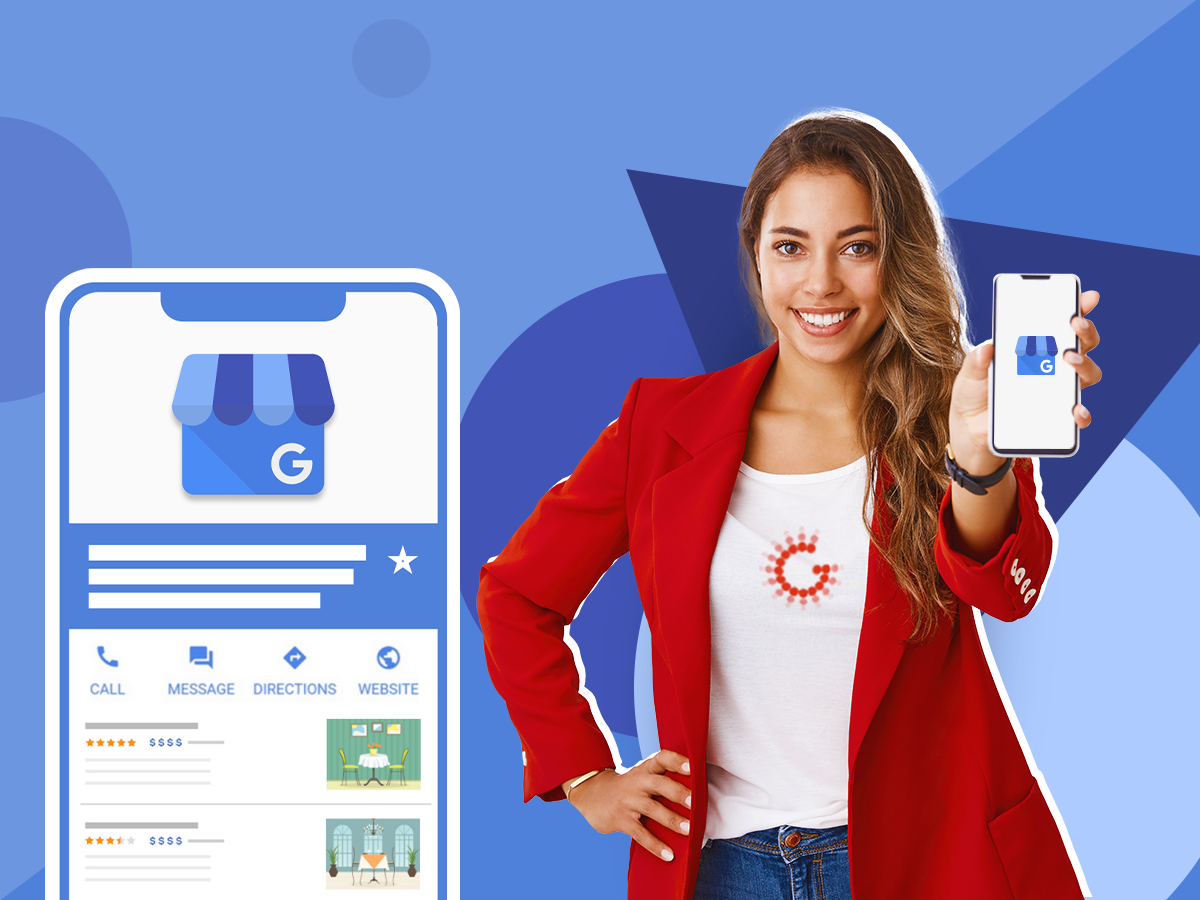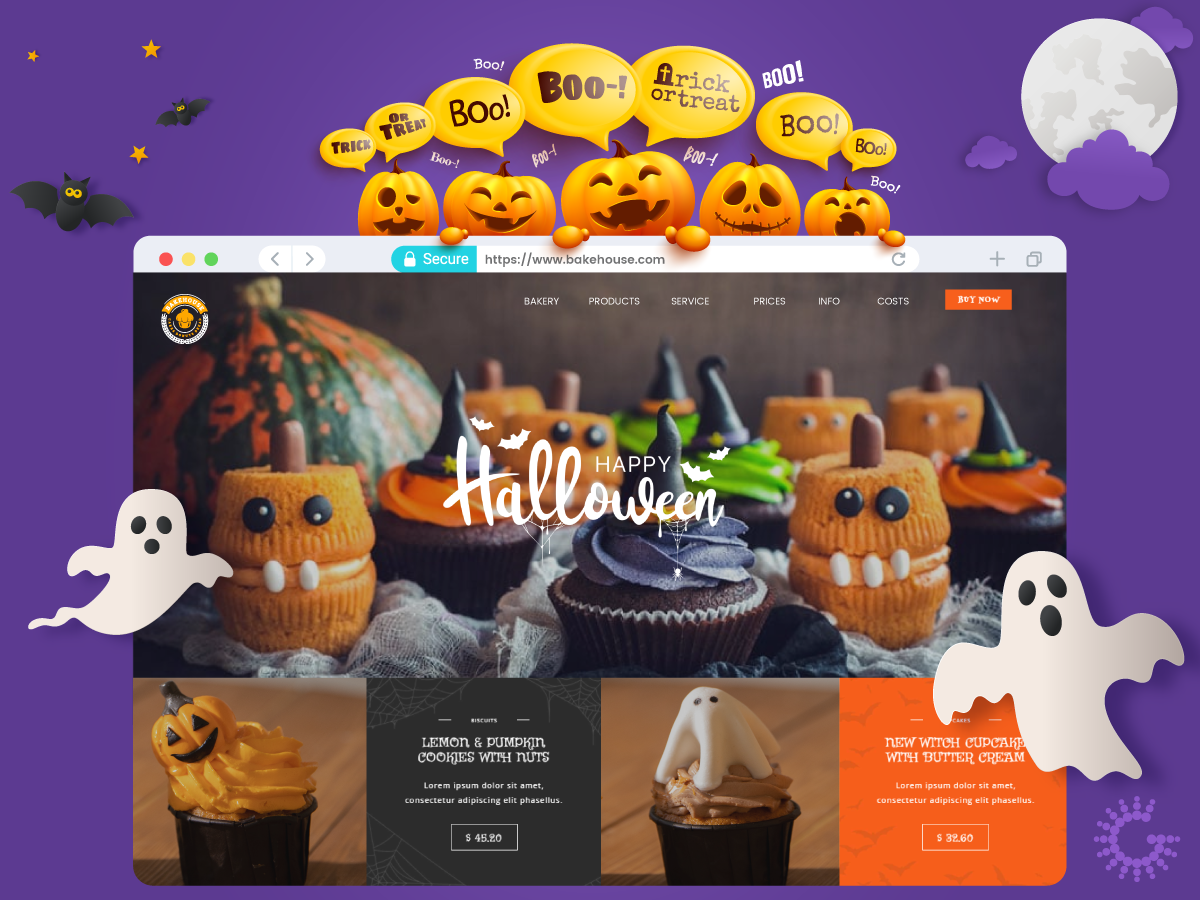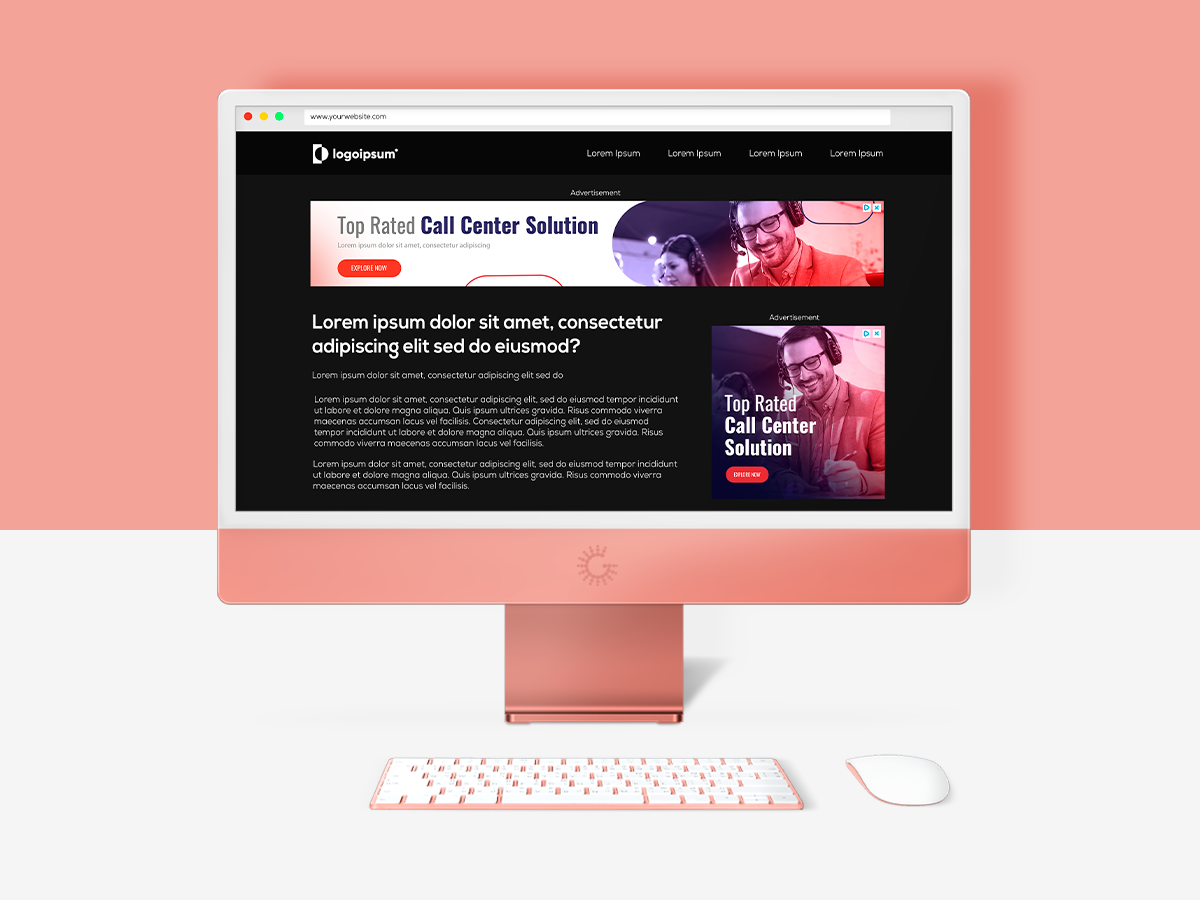Has your business faced the issue of lacking enough personnel to deal with all your client inquiries personally? Or perhaps you do not have a huge sales team to pitch your products for you. If this is the case, then we have the perfect solution for you!
Conversational bots are much more accessible now than they ever were before. You can find numerous businesses opting for chatbot solutions to provide their customers with better customer service, answer any questions, and interact with any possible leads and customers. They help you streamline customer relations and free up some time for your support teams.
However, many professionals fail to understand what type of chatbot they need to use based on the company requirements. If you have the same question in mind, then keep reading to figure out what you need to get!
Different types of chatbots
You may not be aware of this, but there are different types of chatbots you can choose from that are classified by how they interact with the users or by the kind of technology they use. The most commonly used chatbots in the industry are rule-based bots, messaging and texting bots, and conversational bots.
Simple chatbots
A simple chatbot (A.K.A. rule-based bot) work best in handling any straightforward tasks. The best example of a rule-based bot is working on a menu, providing users with limited options to choose from. Though these bots are great at helping an organization handle simple transactional requests and filtering customer requests, they are not good at performing complex customer interactions.
Smart or A.I. chatbots
By using artificial intelligence and machine learning, intelligent chatbots are great at emulating a human-like conversation with your customers. These chatbots tend to be contextual and use repeated conversations with other users to understand language, context, and intent better. With time, these smart bots can learn from the interaction and provide users with more accurate answers.
If you need to handle multiple inputs from your users and manage large amounts of information, you can choose smart chatbots to do the job for you. The only downside of these chatbots is that they usually require custom development, which is an extensive and expensive undertaking.
Hybrid chatbots
If the previous options fail to convince you, then hybrid chatbots (keyword recognition-based chatbots) might be the one for you. Hybrid chatbots are great at understanding complex requests, interacting naturally with users, and learning from previous interactions. Hybrid chatbots tend to limit their interaction to specific subjects or keywords rather than interacting with customers over a wide range of tasks, queries, and requests.
We hope that this blog helps you understand the basic functionality of different chatbots. Use this information to choose the ideal solution for your business depending on your needs.













